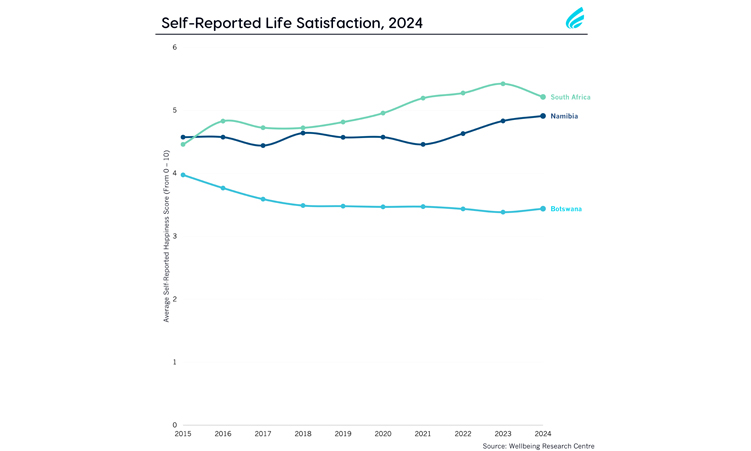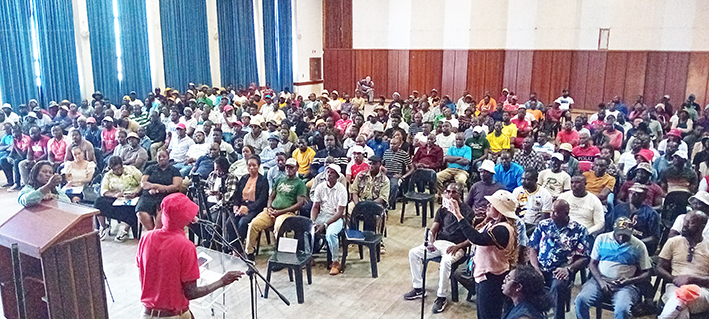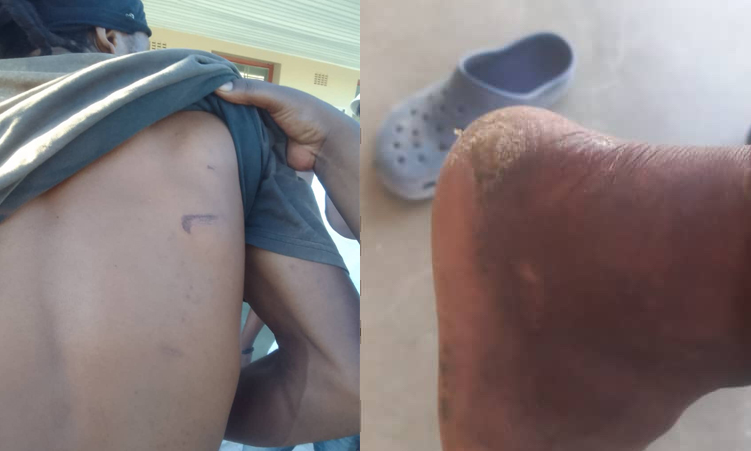CARTEL activity will inevitably become a criminal offence in South Africa to prevent the collusion of companies to manipulate prices, according to competition tribunal chairman David Lewis.
‘We’ve always agreed that imprisonment fits the offence,’ he told Business Report on the sidelines of the International Competition Network (ICN) conference in Zurich last week.
Lewis was commenting on the increased use of criminal sanctions on cartel activity by competition authorities around the globe.
Whatever the challenges facing the proposed amendments to the Competition Act, he said, it was inevitable that cartel activity would be criminalised under South African law.
The ICN comprises more than 100 competition authorities from around the world.
Lewis said he believed that the recent surge in applications for leniency to the South African competition authorities had been prompted by the prospect of the act being amended to introduce criminal sanction for anticompetitive activities.
Several firms in the bread, dairy and drugs sectors have been hit with price-fixing charges, while competition authorities have conducted investigations into possible collusion in the construction industry.
Despite wanting to see anti-competitive activity criminalised, Lewis expressed concern that aspects of the recent proposed amendments to the South African legislation were destined to invite a constitutional challenge.
‘If the president doesn’t refer the proposed amendments to the Constitutional Court then soon after its implementation, a private party will,’ said Lewis.
The tribunal had objected to the proposed amendment as it made the unconstitutional assumption that if the tribunal ruled that there was a cartel, this ruling would be used as the basis for criminal action.
While he believed that this constitutional concern could be resolved, Lewis said there was a practical problem regarding whistle-blowers. Informants provided crucial information to competition investigators on the guarantee of immunity from prosecution by the competition authorities, and under the new legislation they would require a simultaneous guarantee of immunity from the criminal prosecution authorities.
Speaking after an ICN session on the increasing use of criminal sanction to stem anticompetitive activity, Lewis said it was evident from the meeting that ‘there is near unanimity that people involved in price-fixing activity should go to jail’.
However, he cautioned that it was also evident that ‘everyone acknowledges the significant problems in administering a system in which leniency and plea bargaining are critical to the extraction of information relating to secret conspiracies’.
Ana Paula Martinez, the director of competition in the Ministry of Justice in Brazil, said that the greatest challenge to the successful working of the country’s recent legislation that criminalised cartel offenders was the management of a close and effective relationship between the competition authorities and prosecuting authorities.
‘We’ve made hardcore cartel activity our priority and we have to demonstrate to the prosecution authorities clear cases where cartel activity has done damage; we work closely with the prosecution authorities and have been able to ensure the necessary resources, including skills, are available to them.’
At present more than 100 Brazilian executives are facing criminal proceedings.
Speakers from France, the Netherlands, Mexico and Australia spoke of the increasing political pressure to implement criminal sanctions.
Monique van Oers, director of the Dutch competition authority, said a wave of bid-rigging in the country’s construction industry between 2002 and 2006 had been a major factor in its parliament’s decision to introduce criminal sanction.
-Business Report
Stay informed with The Namibian – your source for credible journalism. Get in-depth reporting and opinions for
only N$85 a month. Invest in journalism, invest in democracy –
Subscribe Now!










